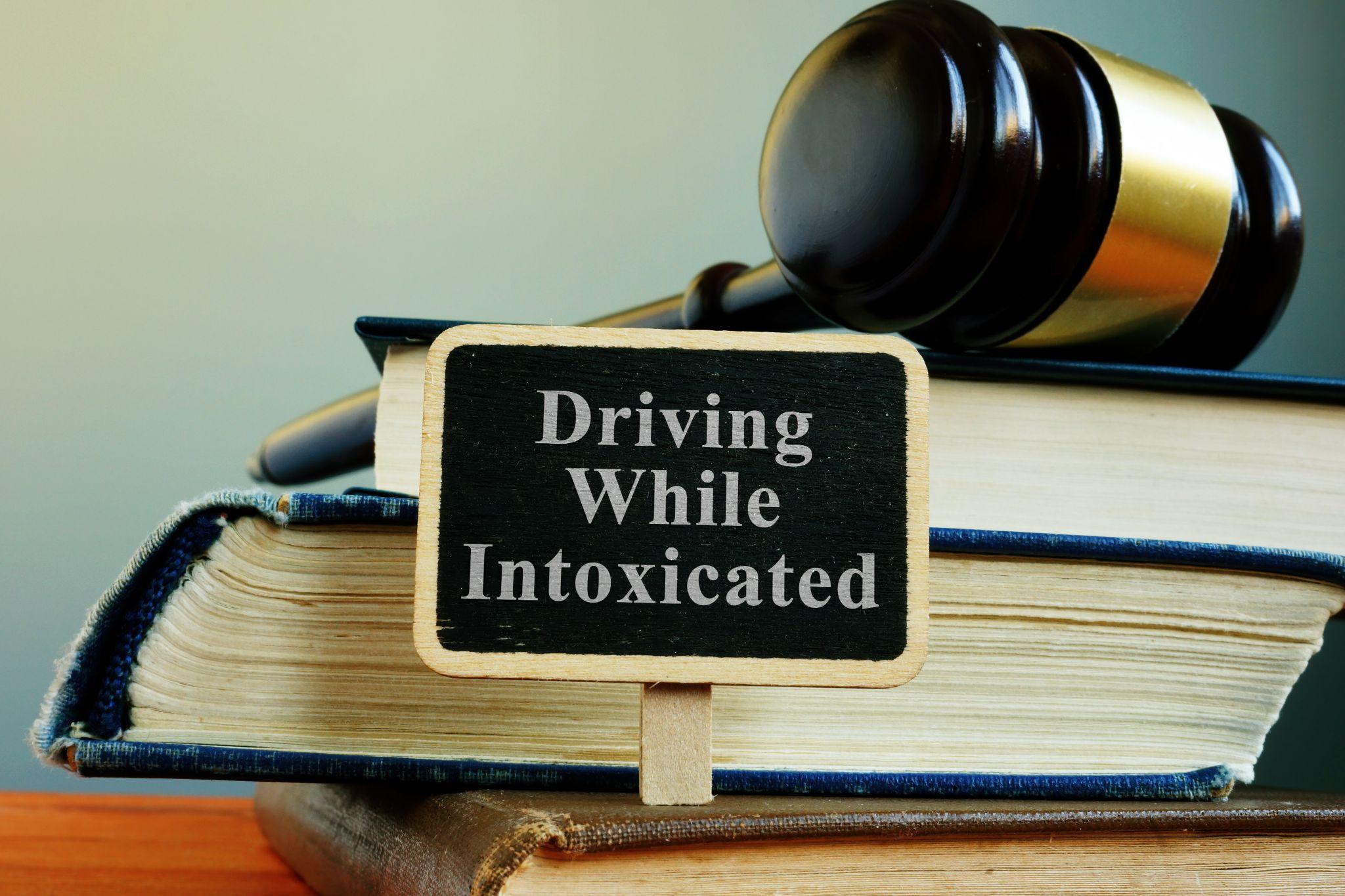
Recent changes to Texas drunk driving rules will allow some first time offenders to keep their license. Updates also include changes to surcharges and specify penalties for having a child in the car. Let’s cover the DUI laws in Texas and updates to the law in the Lone Star State.
Understanding Texas DUI Laws
Texas has always had strict laws regarding driving under the influence (DUI). The term driving while intoxicated (DWI) is still used in some legal documents. No matter what it is called, Texas penalties for drunk driving reflect the seriousness of the crime. Driving intoxicated risks your life, the life of your passengers, other drivers, and pedestrians.
In Texas you are considered to be driving while intoxicated if you are over 21 and your blood alcohol concentration is 0.08 percent or higher. If you are under the age of 21, you may not drive with any alcohol in your bloodstream. Even if your BAC is less than 0.08 percent, you may be found guilty of driving under the influence if drugs or alcohol are affecting your ability to drive safely or you are involved in an accident.
Texas DUI Penalties
In Texas, drunk driving has legal consequences that grow more severe for multiple offenses. In addition to the fines listed below, the state charges an additional fine of $3000, $4500, or $6000 at the time of sentencing. Until all the fines are paid, your license suspension continues.1
- For a first offense:
- You may receive a $2000 fine.
- You could spend up to 180 days in jail, with at least three days in jail being mandatory.
- You can lose your driver’s license for up to one year.
- For a second offense:
- You will receive a $4000 fine.
- You could spend up to a year in jail.
- You can lose your license for up to two years.
- For a third offense:
- The fine can be as much as $10,000.
- You could spend 2-10 years in prison.
- You can lose your driver’s license for up to two years.
Additional DWI Regulations in Texas
The impacts of a DWI conviction in Texas go beyond the fines, jail time, and license suspension. In addition to the above penalties, you can also be charged with DUI with a child passenger in the vehicle:1
- You can be charged with child endangerment.
- You will receive an additional fine of up to $10,000.
- You could face jail time of up to two years.
- You will lose your license for another 180 days.
Is DUI a Felony or Misdemeanor in Texas?
A first or second DUI that does not include an injury or death will probably be charged as a Class B misdemeanor. Current DWI sanctions in Texas mean that you can be charged with a felony in these cases:
- A third (or higher) DWI conviction is a third class felony.
- Intoxication manslaughter is a second degree felony.
- Felony charges can also be filed for DWI which child passenger, intoxicated assault, or accidents resulting in serious bodily injury or death.
Having a felony on your criminal record can have serious impacts on your ability to get a job, rent an apartment, vote, purchase firearms, and other downstream effects. If you are charged with a felony DWI charge, you should consult with an attorney experienced in DWI defense.
Recent Texas DUI Law Revisions
In September 2019, the latest Texas DUI law revisions restored the ability for some people charged with DWI to receive deferred adjudication. This restores flexibility for criminal defense attorneys, prosecutors, and judges to be more flexible in sentencing if a first-time offender agrees to plead guilty or no contest.
Deferred adjudication means that the charges are deferred. If probation, education, and other requirements are met, the charges will be dropped. The impact of the Texas DWI law change allows some people a second chance before they have a permanent DWI offense on their record, but this has caused some controversy with activist groups against drunk driving.
The new amendments to DUI laws in Texas have also repealed the surcharges. Previously, surcharges were added to the fines each year they were not paid, which sometimes resulted in offenders owing thousands of dollars to the state and being unable to drive even after their suspension period was over.
The updated Texas DUI legal code takes advantage of advancing technology for first time offenders on probation. They are required to use an ignition interlock device that prevents them from operating a motor vehicle if they blow a 0.03 BAC or higher.
Will New Texas DWI Laws Have Effects on Drunk Driving Statistics?
It is difficult to determine if the latest DUI legislation in Texas is working to limit drunk driving in the Lone Star State. The pandemic that limited travel may also have lowered drunk driving deaths in the state. Statistics from spring break in 2021 show that:2
- One person dies in a DUI related traffic crash every eight hours and 31 minutes in Texas.
- In a single year, 1029 people died and 2522 people were injured in DUI-related accidents in Texas.
- On spring break alone there were 872 DUI traffic crashes, resulting in 30 deaths and 107 serious injuries.
Were You Charged with a DWI in Texas?

Texas is one of many states that can require a course in drug and alcohol driving awareness as part of a plea deal or deferred adjudication. One online option is the 6-hour DADAP program from Ticket School. If the judge orders you to take an awareness course, be sure to confirm what course, the length, and any other requirements to ensure you are taking an acceptable course. You may also just want to brush up on DUI laws in Texas.
Not only can these courses help reduce the impact of drug and alcohol offenses, but you may even qualify for a discount on your car insurance. Browse your options and enroll today to help learn more about the dangers of drinking and driving and possibly satisfy court requirements.
Sources:
